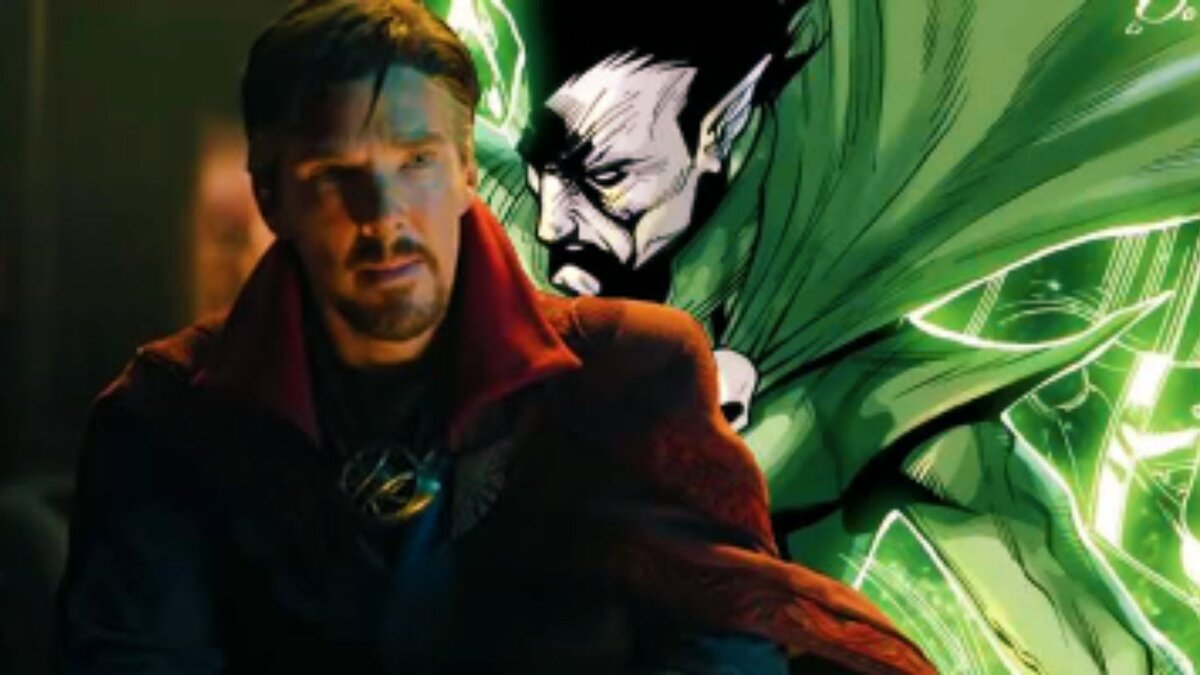Jessica Jones Highlights Sexist Treatment Of Female Marvel Heroes
Jessica Jones, one of Marvel's most powerful female characters, considers how poorly female superheroes are treated in the society she inhabits.
Jessica Jones is not typically the first female superhero that comes to mind. She isn't as eye-catching as Captain Marvel or She-Hulk. With the exception of her time as Jewel, Jess prefers a leather jacket and a cup of coffee than the conventional cape and tights. Jessica Jones offers a perceptive commentary on the present condition of vigilantism and what it means to be a woman in that milieu in Marvel's The Variants.
Ten years have passed since Jones was under Kilgrave's, a.k.a. the Purple Man, control when The Variants takes place. Jessica is prepared to retire from crimefighting now that she is married to Luke Cage and has a daughter. The first victim of Kilgrave, Maria Snyder, who is accused of killing her family, makes an attempt to deny responsibility in court. Unfortunately, Jessica is the only one who has an understanding. The knowledge that Maria heard Kilgrave's voice again despite the fact that he was in a coma 10 years prior worries Jessica. Jessica tries to ignore her anxieties as the anniversary of her own terrifying meeting with Kilgrave, which happened ten years ago, approaches. He will always be associated with her time spent playing a costumed hero.
Greer Nelson, a.k.a. Tigra, and Jessica Jones embark on a coffee date/stakeout in The Variants #2 by Gail Simone and Phil Noto. Tigra, who is wearing a plunging top, says that since she knows that people would always be staring at her because of her looks, she might as well give them something to look at. As they converse, Jones remembers a time when fellow superhero Wasp saved a kid and all the press focused on was how much of her bottom was on display. It is hardly unexpected that Jessica now likes to be more understated in her heroism given her past experiences and journey through trauma. The fact that female PIs are at least marginally more respected than female superheroes is another finding she made. As a result, Jess declines Tigra's invitation to join the all-female A-Force team.
It would be unfair to Jones, a character who has experienced abuse and manipulation in the past, to exploit her femininity and sexualize her. Female heroines are frequently depicted as bearing much more skin than is reasonable and donning skin-tight clothes. This frequently calls into question the valour of these heroes, as Wasp demonstrated. Even if Jess joined ex-Avenger Tigra on A-Force, she would still be in the public eye. They would be objectified as female heroes rather than receiving simple thanks for saving the day.
Related: Ryan Reynolds calls out 'traumatic' 'Bambi' ahead of R-rated 'Deadpool' release on Disney+
Marvel comics' portrayal of female characters has improved recently, and they are being given the stories they merit. The example of Jessica Jones demonstrates this. Marvel examines its sexist past in The Variants, offering encouragement for ongoing attempts to enhance comic book representation.


%20(1).webp)
%20(1).webp)

Comments
Post a Comment